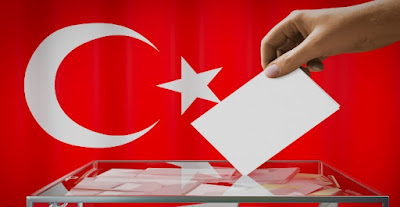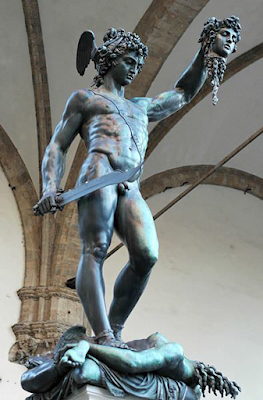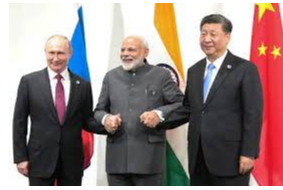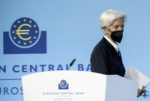Summary
Turkey and the EU will begin negotiations over financial and budget reform.
It is one of 35 areas (chapters) of negotiations.
Turkey is no where close to joining the EU, for which it initially applied in 1987.
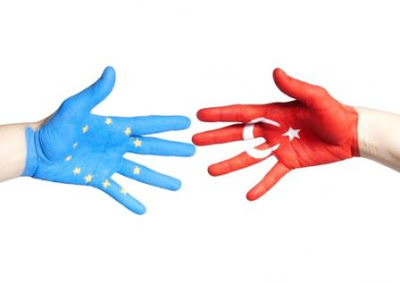 In the vitriolic debate over the UK’s membership of the EU, Turkey’s potential membership became one of the talking points. Prime Minister Cameron, who has advocated Turkey’s eventual membership, is likely correct in his assessment that this that if it does take place, it won’t be anytime soon.
In the vitriolic debate over the UK’s membership of the EU, Turkey’s potential membership became one of the talking points. Prime Minister Cameron, who has advocated Turkey’s eventual membership, is likely correct in his assessment that this that if it does take place, it won’t be anytime soon.
Turkey first applied for EU membership in 1987. Negotiations began about a decade ago, and there has been little progress. Turkey has long been frustrated by the EU’s reluctance. However, the refugee crisis offered a new opportunity.
To re-establish control of its Greece’s external border, Merkel struck an agreement with Turkey. Turkey would receive money for it to help take care of its estimated 2.5 mln refugees. Turkey also insisted on visa-free travel into the Schengen area (which the UK is not a party). Finally, Turkey also negotiated to resume accension talks that had been downgraded.
EU ascension is not a particularly easy process. After negotiations covering numerous elements (chapters), the existing members vote. Although the increased use of qualified majority voting has reduced the ability of a single country (like the UK) to block change, on some issues, like EU accession, unanimity is still required.
There are several countries that are opposed to Turkey joining the and have succeeded in blocking it. Cyprus and Greece continue to have outstanding issues with Turkey. They are not the only ones. Turkey is large and poor, and that means expensive, even if other issues, like human rights, were not a problem. Few talk about it in mixed company, but the religion of most Turks is seen as a problem for Christian Europe.
Next week, and regardless of the way the UK referendum vote goes, negotiators from the EU and Turkey will meet to open a new accession chapter covering financial and budget reform. The truth of the matter is that Turkey has completed only one of 35 such chapters. Members of the EU can veto not only accession but also the opening and closing of each chapter.
Some observers accuse Turkey of blackmailing the EU; that it would not agree to address the refugee problem without demanding concessions from Europe. This is how negotiations work. It is not nefarious. One can say that the EU is blackmailing Turkey. It will not let Turkey join its club unless Ankara looks more like it.
Turkey knows what school children learn and then forget. Europe is not a geological creation by the forces of nature or God but forged by human politics. What is called Europe is the small western peninsula of the massive Eurasian landmass. The reason Turkey is not in the EU is not about geography, but politics.
Many of the problems the EU faces grows out of its successes. For example, there were two main strategies of integration: deeper and broader. With the UK’s insistence, the broadening thrust carried the day. That broadening requires different governance, hence the erosion of unanimity in decision-making. As new countries joined, some countries, like France, were not willing to revisit some of the large EU budget items, like the Common Agriculture Policy (CAP). It absorbs nearly 40% of the EU’s budget.
Under the broadening strategy, the EU developed as complicated asccession process. Turkey’s President Erdogan has been moving his country away from the EU in terms of human rights and freedom of speech. In addition, Turkey is fighting the PKK, the Kurdish Workers’ Party, which is widely recognized as a terrorist organization.
The bottom line is that it is true that the EU and Turkey will resume formal accession talks. At the same time, Turkey is nowhere close to meeting the requirements. Outstanding issues with Greece and Cyprus provide the first set of a likely candidate who would block as much progress as they can. Claims that Turkey is blackmailing the EU, or Merkel, who is often credited with running circles around her domestic and international rival, are politically-charged. It is also an exercise in inflammatory hyperbole to suggest that Turkey has already joined the EU de facto if not de jure. By most accounts Turkey has lived up to its side of the bargain as refugees going from Turkey to Greece have slowed to a mere trickle compared with the deluge seen earlier this year.
Full story here Are you the author? Previous post See more for Next post
Tags: Angela Merkel,David Cameron,newslettersent,Recep Erdoğan,Turkey























